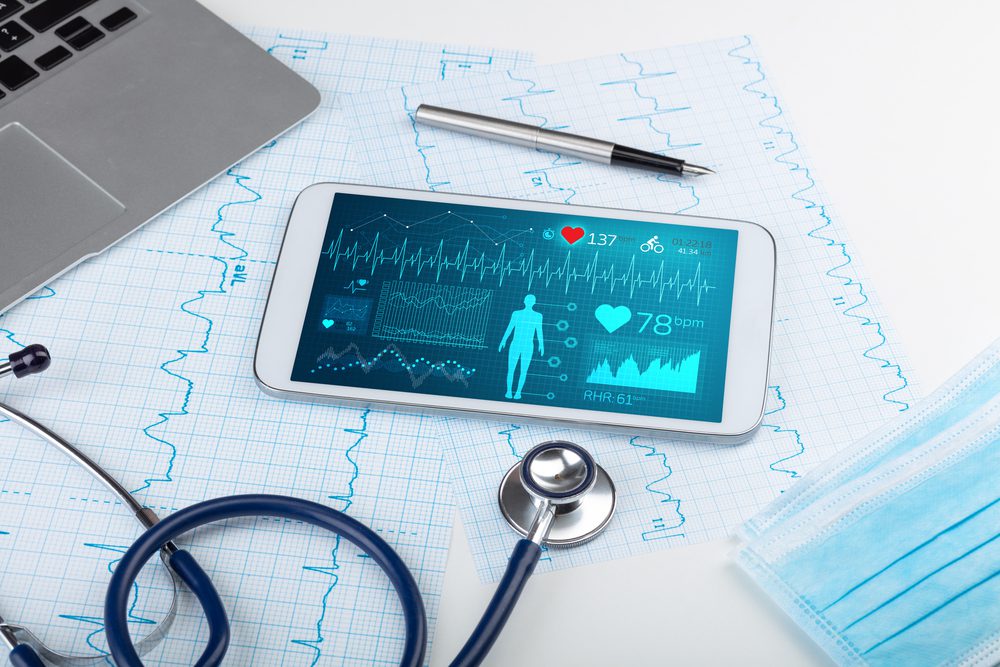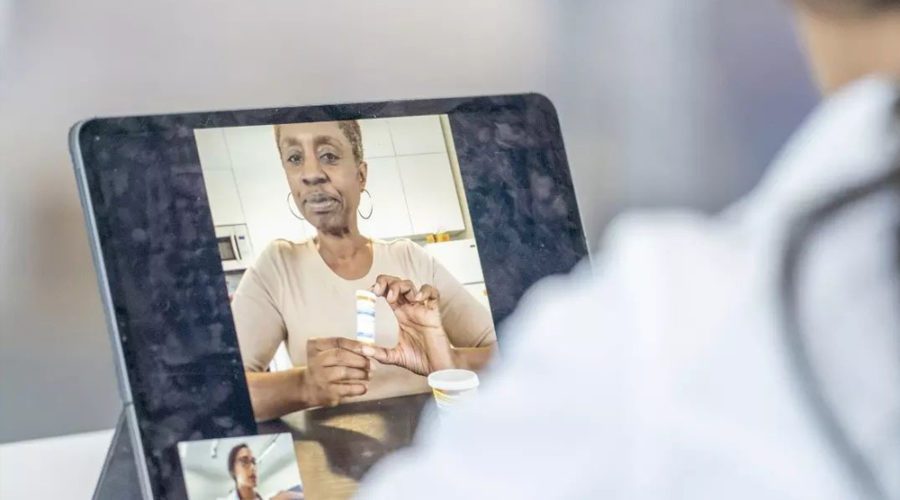With a population whose lifestyle changes, health-related behaviors, and general circumstances develop potential health risks – the UAE is scaling up its healthcare delivery with its smart health objectives.
The UAE’s rapid expansion and economic growth over the last decades have provided several benefits and security to its people. However, alongside these advantages, the significant transformation has resulted in a wide range of continuing public health concerns and long-term issues for the health sector. Aside from these health challenges, there is a need to strengthen the UAE’s healthcare sector to survive the potential shock of emerging health concerns. The UAE has only a few cases of COVID-19 patients, but realities gained in areas including the necessity for every nation’s healthcare system to be proactive, responsive, adaptive, and resilient.
According to a report, most healthcare and services (HHS) organizations in the UAE intend to boost their investments in digital technology and data solutions after “identifying their value and increasing significance during the COVID-19 outbreak.” The Dubai Health Authority (DHA) has unveiled plans to “expand” its use of smart health technology, beginning with remote patient monitoring.
Emerging Technologies Shaping Healthcare Delivery in the UAE
Healthcare business strategists and executives of government health institutions are increasingly looking to digital technologies to provide a better, faster, and more responsive approach. Long-term national strategies are aimed at enabling smart city living. And the UAE expects its healthcare sector to be among the most innovative in the world, working alongside key smart infrastructure elements to provide the best possible healthcare outcomes for its residents and tourists. Each of these innovations will play an essential part in the future of healthcare delivery in the UAE.
- Virtual Reality and Augmented Reality – These provide highly sought-after technologies in training and patient involvement.
- Artificial intelligence (AI) – This is a technological breakthrough capable of optimizing a wide range of healthcare activities, from patient data gathering to telemedicine, record keeping, medication dispensing and diagnosis, and actual medical procedures.
- Robotics – As robots get more advanced, they appear in hospitals and clinics as drug dispensers, custodians, and patient care platforms. And they are being used to support surgery, increasing the control and skills of human surgeons.
- Blockchain – Because blockchain-based databases are immutable and decentralized, they are a great fit for private health records, where privacy and security are critical.
- Drones – While smart city transportation systems are expected to advance over current networks, drones have the potential to be indispensable for providing fast and dependable deliveries of critical medical supplies, regardless of traffic conditions.
UAE Healthcare Initiatives Promoting Smart Health Delivery
Recently, the country has taken the lead in adopting digital technologies and data solutions. The UAE is reported to have scaled-up technology rapidly due to technological infrastructure and investments in cutting-edge technology.
For instance, the Ministry of Health and Prevention (MoHAP) has developed a new data storage system that employs blockchain technology to secure all health-related data, pharmaceutical government and private facilities, health practitioners, and prescription information. It claims that it will significantly improve the security and privacy of all health records while minimizing citizens’ waiting time for appropriate health facilities and services.
The Dubai Health Authority (DHA) has also built an augmented reality technology that allows UAE doctors to provide ‘hands-on’ virtual help in real-time, no matter where they are. The DHA will continue prioritizing smart technology research, innovation, and deployment across all healthcare delivery and management. At the same time, the organization will maintain its focus on medical education and healthcare specializations. DHA intends to use smart technologies at its healthcare centers to support its in-home healthcare initiatives, which aim to empower patients, keep them on track with their health, and aid in early diagnosis. It would also assist healthcare providers in UAE by giving crucial patient data to enable regular follow-up and improved patient compliance.
Obtaining smart health in UAE will bring life-saving benefits of improving preventive health services, building resilience within health centers, and shortening response and reaction time to all emergency situations using the new technologies discussed. As the UAE implements a broader and more integrated variety of smart health measures and solutions, their synergies will have an even greater impact on public health levels, providing everyone with improved healthcare information, security, access, and support.










